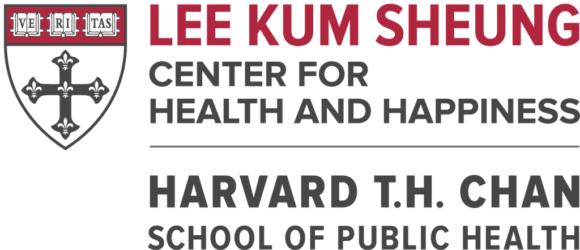Citation: LeBuffe, P. A., & Naglieri, J. A. (1999). The devereux early childhood assessment. Lewisville, NC: Kaplan Press.
PMID or DOI: doi: 10.1207/s19309325nhsa0301_10
Main positive psychological well-being construct measured: Protective factors
Sub-constructs measured: Initiative, self-control and attachment
Available subscales: Total protective factors and behavioral concerns
Description: The Devereux Early Childhood Assessment is a behavior rating scale that is completed by parents and/or caregivers or teachers which provides an assessment of within-child protective factors central to social and emotional health and resilience. The items were developed based on prior literature and formative research, and the measure was tested and norm-referenced among a US representative sample of children aged 2-5. Two composite scales include total protective factors (assessing children’s positive behaviors; this is composed of three factors – initiative, self-control and attachment) and behavioral concerns (assessing children’s social and emotional problems).
Number of items: 37
Example statement/item: “Act in a way that make others smile or show interest”
Response options: 5-point scale ranging from 0=never to 4=very frequently, assessed in terms of frequency over the past four weeks.
Total score: Sum scores are calculated for the total protective factor scale and for the behavioral concerns scale.
